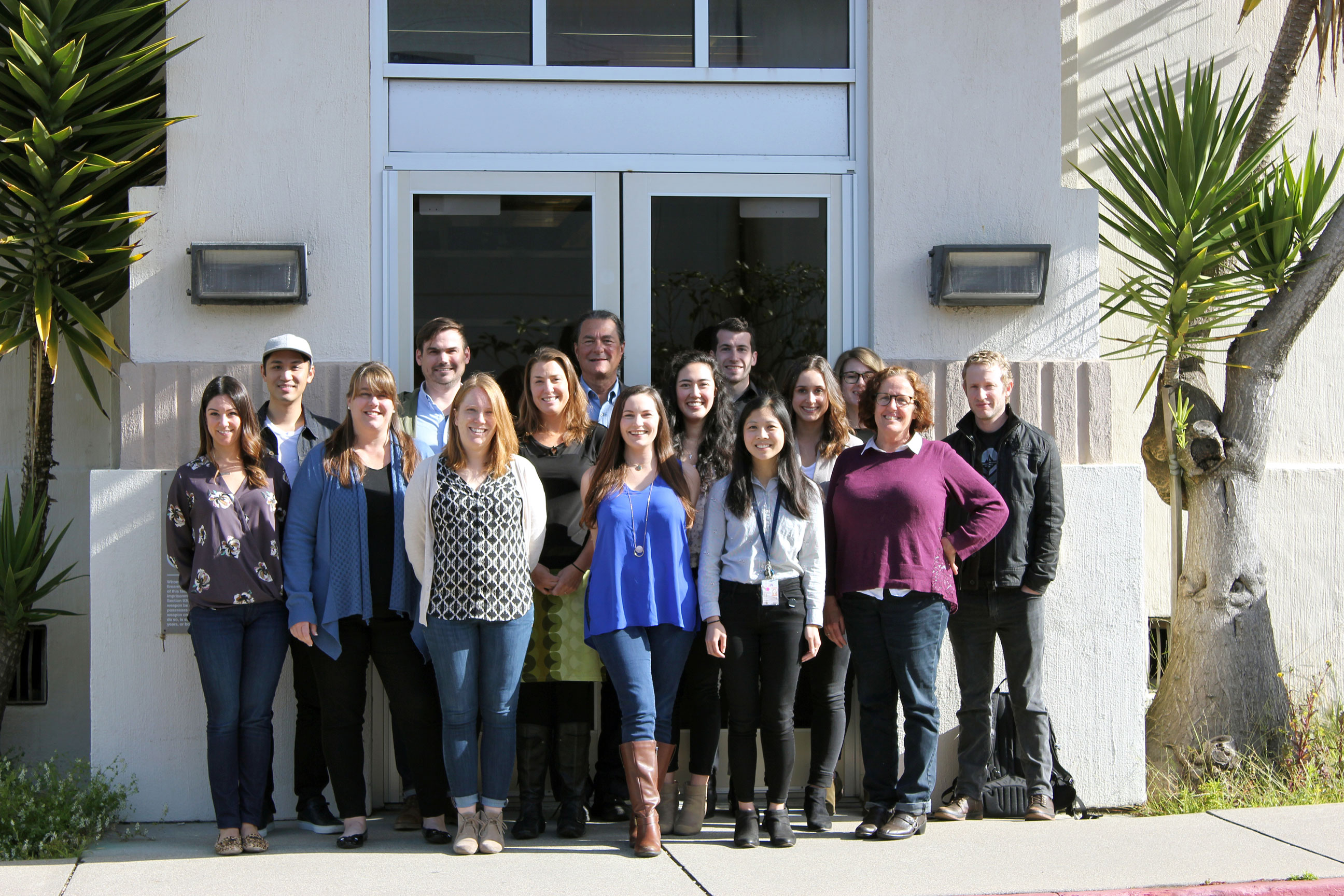Brain Health Registry Manuscript Published in ‘Alzheimer's & Dementia: The Journal of the Alzheimer's Association’
Michael Weiner, MD, and his team have written a paper on the Brain Health Registry that has been published in Alzheimer's & Dementia: The Journal of the Alzheimer's Association. The paper, published on May 10, 2018, discusses methods that the Brain Health Registry uses in recruiting, screening, and longitudinally monitoring subjects for neuroscience studies of all types. Results shared at the time of publication included baseline data obtained from nearly 57,000 participants and longitudinal data obtained from approximately 28,000 participants. More than 18,800 participants were referred to, and nearly 1,800 were enrolled in clinical Alzheimer’s and aging studies, including five observational studies and seven intervention trials.

Founded in 2014, the Brain Health Registry (BHR) is a groundbreaking, web-based project designed to speed up cures for Alzheimer's disease, Parkinson's disease, depression, PTSD, mild cognitive impairment and other brain disorders. The BHR aims to reduce the cost of patient recruitment for clinical trials—which are needed to develop cures—by building a large, pre-screened online pool of potential candidates.
Anyone 18 years or older can join the Brain Health Registry. It is free to sign up, and it only takes a few minutes. Upon giving consent, participants are asked to complete questionnaires about their health, lifestyle and medical history. They are also asked to take online brain tests to help researchers understand their ability to remember, stay focused, process and organize new information. Researchers track this information over time to better understand how the human brain changes and develops. Participation is done all online and takes less than three hours per year for most people.
For more information about the Brain Health Registry, check out these frequently asked questions (FAQs). To sign up for the Brain Health Registry, click here.
Corresponding authors from UCSF on the published paper include Rachel Nosheny, Monica Camacho, Diana Truran-Sacrey, R. Scott Mackin, Derek Flenniken, Aaron Ulbricht, Philip Insel, Shannon Finley, Juliet Fockler and Dallas Veitch.
To read the full paper, click here.
